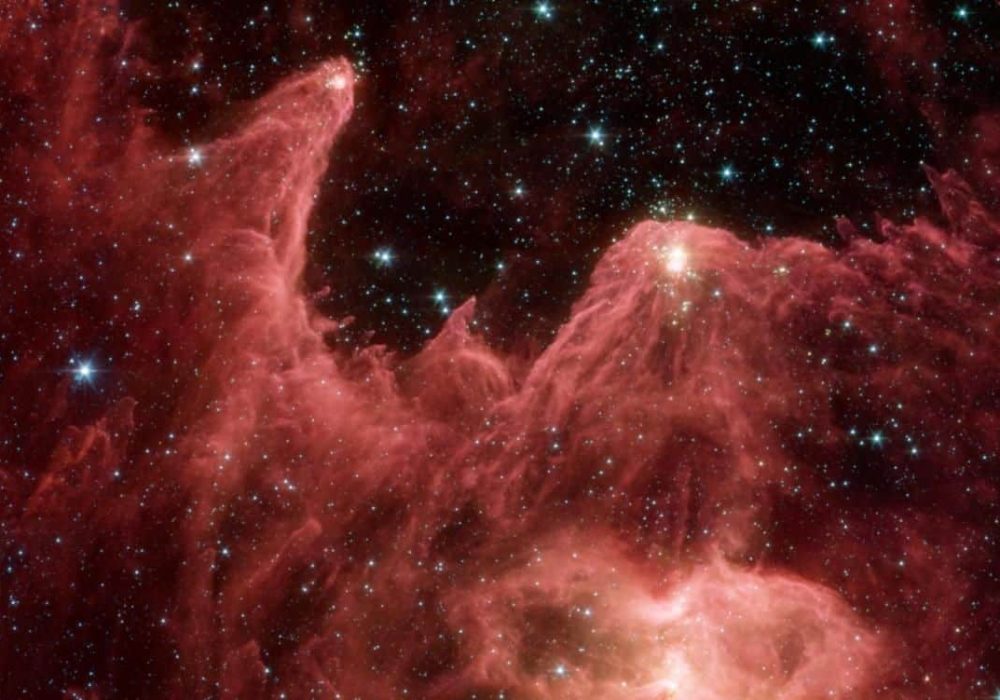REGISTER HERE
5:30 Reception | 6:00pm Discussion
Co-sponsored by The Columbia University Seminar on Catholicism, Culture and Modernity, the Columbia Catholic Ministry, and the Society of Catholic Scientists. This programming is made possible by a grant from the Templeton Foundation.
A Discussion with Stephen Barr (University of Delaware), Jonathan Lunine (Cornell University), moderated by Carlo Lancellotti (CUNY Staten Island).
In reaction to Pope John Paul II’s 1996 address to the Pontifical Academy of the Sciences, “Truth Cannot Contradict Truth”, Stephen Jay Gould famously published his view on religion and science being non-overlapping magisteria (NOMA). He proposed that religion and science were distinct and separate domains of teaching authority, with no interference between–or influence upon–each other. Gould maintained that science documents the factual character of the natural world and seeks theoretical constructs to explain those facts, while religion operates on the “realm of human purposes, meanings, and values.”
This consensus position proved popular among scientists and people of faith for its diplomacy, but is such a model sufficient for understanding the relationship between faith and science? Can science inform faith? Does religious thinking shape our approach towards science and its application, and does that necessarily contradict NOMA? Come as two Catholic scientists weigh in on the chasms and connections of Science and Religion.

